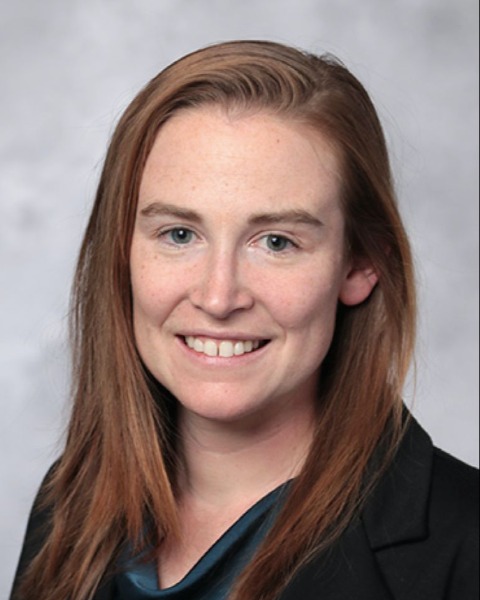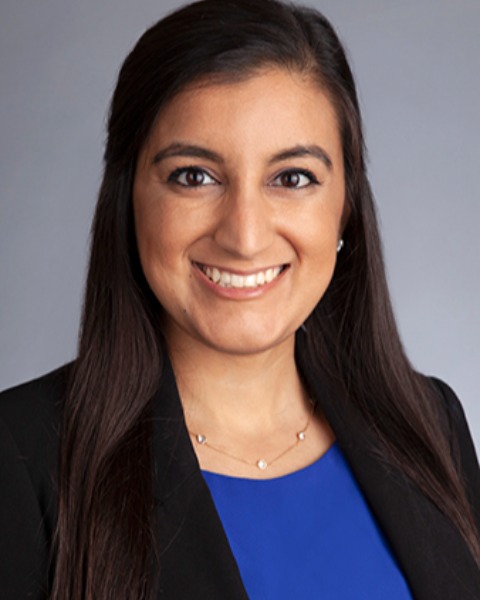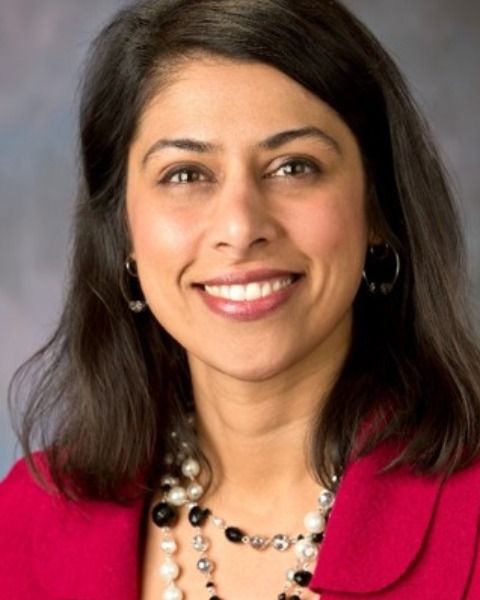Advocacy Pathway
Community Pediatrics
Education Pathway
Environmental Health
Health Equity/Social Determinants of Health
Hospital Medicine
Medical Education
Quality Improvement/Patient Safety
3495 - Breaking down silos to accelerate solutions: Building collaborations to promote child health in the climate crisis
-
MR
Maya Ragavan, MD, MPH, MS
Assistant Professor of Pediatrics
University of Pittsburgh/UPMC Children's Hospital of Pittsburgh
Wexford, Pennsylvania, United States -

Alexandra Perkins, MD, MPH
Pediatric Resident
Seattle Children's
Seattle, Washington, United States -

Harleen Marwah, MD, MS
Resident Physician
Children's Hospital of Philadelphia, Pennsylvania, United States -

Preeti Jaggi, MD (she/her/hers)
Associate Professor of Pediatrics, Division of Infectious Diseases
Children's Healthcare of Atlanta
atlanta, Georgia, United States -
RP
Rebecca Philipsborn, MD, MPA (she/her/hers)
Assistant Professor of Pediatrics
Emory University
Atlanta, Georgia, United States
Leader(s)
Co-Leader(s)
Climate change is one of the greatest health emergencies of our time and poses multifaceted threats to children’s health and thriving. Addressing the climate crisis is also essential to health justice and child health equity. Communities and children already experiencing marginalization are affected more by climate change, their risk of harm amplified by structural inequities rooted in historical and current policies and practices. Opportunities exist at the interface of climate mitigation and adaptation measures and health promotion--in partnership with children and communities--to dismantle structural health inequities. This global crisis requires local action. The American Academy of Pediatrics emphasizes the roles of pediatricians in the climate crisis, including education, anticipatory guidance, and advocacy at all levels. However, pediatricians cannot work in silos; we must foster and support unprecedented collaboration to address the climate crisis. Building coalitions within and with academic systems and community organizations will enable pediatricians to more effectively co-create solutions and leverage collective power. This workshop will introduce participants to the principles of community-partnered work and co-creation of knowledge in short didactic sessions. Then, participants will apply these principles in instructor-facilitated small group case studies on working across silos and disciplines with academic institutions and community-based organizations. In large group brainstorming sessions with the Miro collaborative platform, participants will generate tangible steps towards collaborative partnerships at the nexus of climate change and health. At the end of the workshop, participants will have a list of strategies and actions steps for fostering or furthering collaborative partnerships at home.
